NIH
-

$1.9 million NIH project to investigate effects of shear stress on cancer cells
A biomedical engineering professor has received a $1.9 million NIH grant to investigate the effects of mechanical stimuli such as shear stress on the behavior of cancer cells in blood flow. J. Lawrence Wilson Professor Mike King and his research group will develop the devices for the study as well as new cell lines to... Read MoreSep 9, 2021
-

$1.9 million NIH project to investigate effects of shear stress on cancer cells
A biomedical engineering professor has received a $1.9 million NIH grant to investigate the effects of mechanical stimuli such as shear stress on the behavior of cancer cells in blood flow. J. Lawrence Wilson Professor Mike King and his research group will develop the devices for the study as well as new cell lines to... Read MoreSep 9, 2021
-

Using billing codes to count cancers
The billing codes in electronic health records are useful for counting skin cancers over time — an important metric for cancer risk assessment and prevention. Read MoreSep 2, 2021
-

Sudden death from deep in the brain?
Vanderbilt neurologists found altered excitability in deep brain structures that they note may drive respiratory dysfunction and sudden death in a rare form of epilepsy. Read MoreAug 9, 2021
-

Motor protein linked to intestinal cell differentiation
The motor protein MYO5B, a cause of the congenital intestinal disorder microvillus inclusion disease, does more than move cellular cargo, Vanderbilt researchers have discovered. Read MoreAug 5, 2021
-
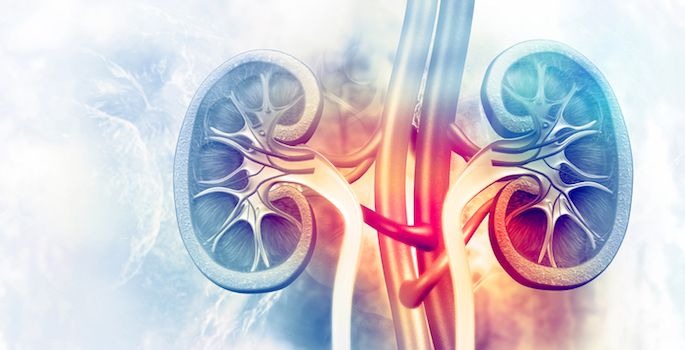
Gene expression in diabetic nephropathy
Vanderbilt researchers are looking to mRNA populations in podocytes — kidney cells that help filter blood — to help identify potential targets for treating diabetic kidney disease. Read MoreAug 5, 2021
-

Prediction models for breast cancer
Vanderbilt researchers developed new prognostic models for breast cancer outcomes and found that adding postdiagnostic weight change as a factor improves the prediction. Read MoreJul 27, 2021
-

Mood and cognition after chemotherapy
Validation of cognitive complaints appears to improve mood in patients with persistent chemotherapy-cognitive impairment, Vanderbilt researchers report. Read MoreJul 26, 2021
-

Influenza network sizes up COVID
Hospital data from a CDC network that monitors influenza revealed that adults hospitalized for COVID-19 in the early months of the pandemic were 20x more likely to die compared to hospitalized influenza patients. Read MoreJul 22, 2021
-

Establishing HIV care in Tennessee
Vanderbilt researchers find that heterosexually active Black males are the least likely to establish HIV care within one month of diagnosis and suggest that targeted interventions focus on this population. Read MoreJul 13, 2021
-
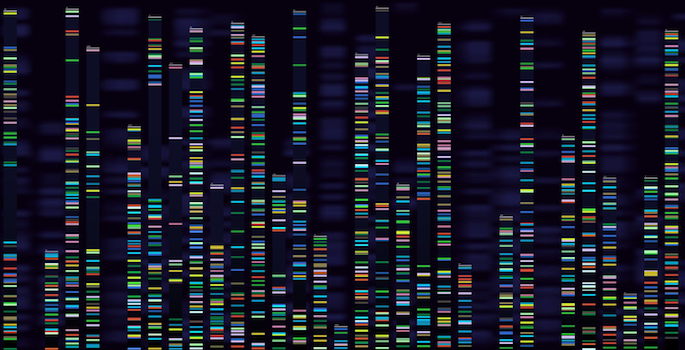
Probing statin-associated diseases with genetics
Vanderbilt researchers used genetics tools and biobanks with linked electronic health records to explore the associations between statins and noncardiovascular diseases. Read MoreJul 12, 2021
-

Delirium and mortality reexamined
A multicenter study of ICU patients found that in the hospital, delirium was associated with a nearly three-fold increase in risk of death the following day, but after discharge there was no association between delirium and mortality. Read MoreJul 8, 2021
-

Genetics of hydrocephalus
Fluid build-up in the brain — hydrocephalus — increases pressure and risk for brain damage; Vanderbilt researchers have now identified genes and signaling pathways associated with the condition. Read MoreJul 8, 2021
-

Heat for hypertension in autonomic failure
Heat therapy could offer a novel nonpharmacologic approach for treating the overnight hypertension that affects patients with autonomic failure. Read MoreMay 25, 2021
-
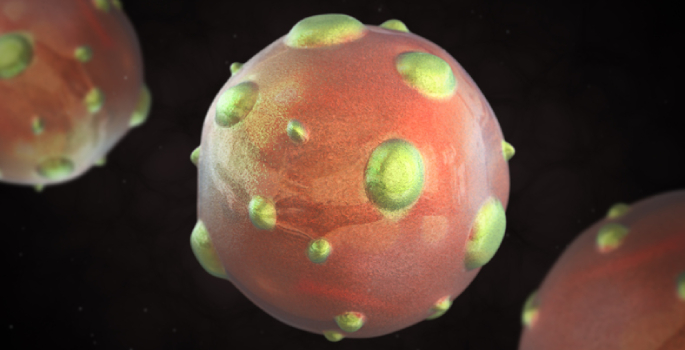
Therapeutic antibodies for hantavirus
Vanderbilt Vaccine Center researchers have isolated monoclonal antibodies against hantaviruses, an emerging source of human disease with pandemic potential. Read MoreMay 24, 2021
-
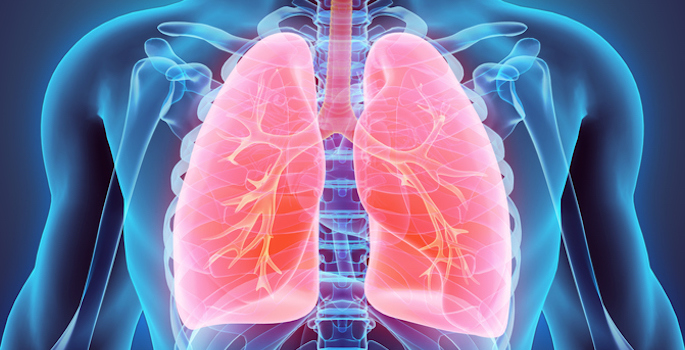
New clue to lung scarring
Vanderbilt neonatology team pinpoints signaling pathways involved in the progressive lung fibrosis that occurs in rare genetic diseases. Read MoreMay 20, 2021
-

Beta cell regeneration
Vanderbilt researchers dissected the complex microenvironment of the pancreatic islet to discover the signals that drive beta cell regeneration — as a possible treatment for diabetes. Read MoreMay 20, 2021
-

VUMC to lead national study to treat severe COVID complications
The Vanderbilt Institute for Clinical and Translational Research (VICTR) has been awarded a major federal grant to lead a national trial of treatments targeting the Renin Angiotensin Aldosterone System (RAAS) in patients hospitalized with COVID-19. Read MoreMay 6, 2021
-

New strategy to treat brain bleeding
Vasorelaxing peptides could offer a promising therapeutic strategy for reducing the neurological deficits caused by subarachnoid hemorrhage-induced cerebral blood vessel constriction. Read MoreMay 4, 2021
-
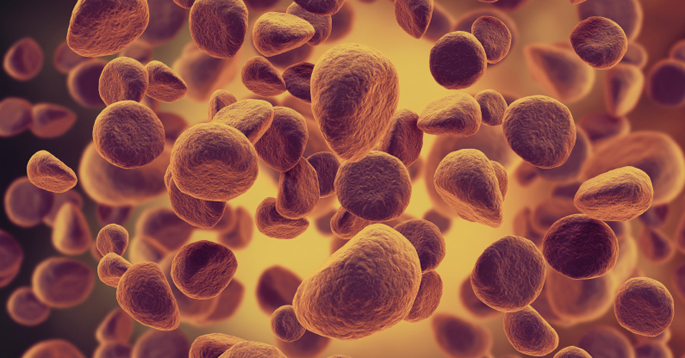
New therapeutic strategy for leukemia syndrome
Using primary cells from patients with chronic myelomonocytic leukemia, Vanderbilt researchers found synergistic inhibition of cell viability and proliferation, suggesting a new treatment strategy. Read MoreApr 20, 2021